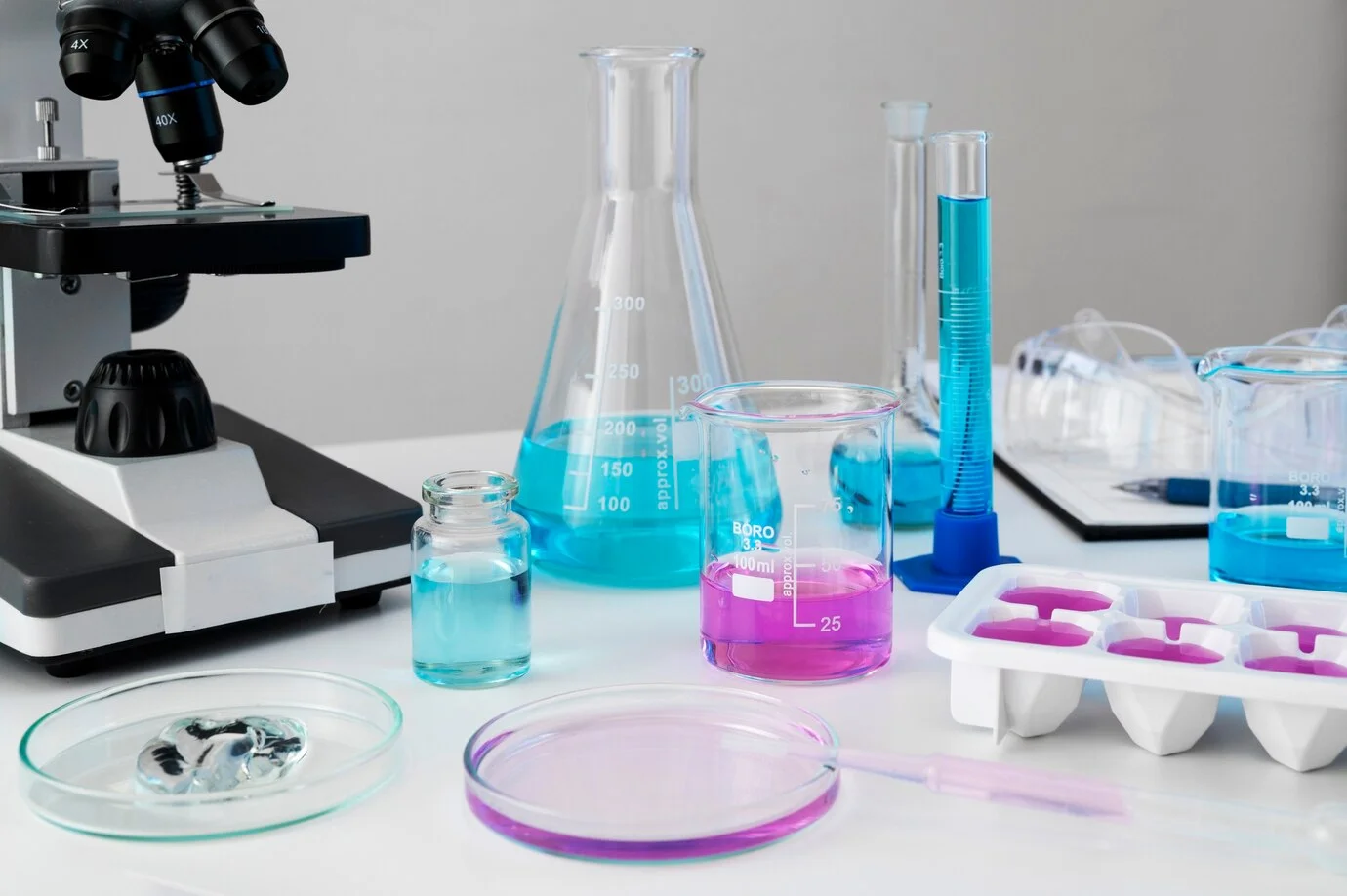Essential Lab Equipment: Must-Have Tools for Every Laboratory

Every laboratory, regardless of its purpose or field of study, requires a specific set of tools and equipment to function effectively. These instruments are crucial in conducting experiments, tests, and researches accurately. They facilitate the collection, measurement, and analysis of data to derive reliable results.
One must-have tool for every lab is a microscope. This essential piece of equipment allows scientists to observe objects that are too small to be seen by the naked eye. It’s especially vital in fields such as biology and geology where detailed examination at a cellular level is necessary.
Another indispensable tool is the centrifuge. Used in chemistry, biology, biochemistry labs among others; it separates fluids based on density or mass using high-speed spinning motion. This helps isolate certain components from mixtures for further analysis.
Lab balances and scales also hold significant importance in any laboratory setting. They provide accurate measurements for various substances used during experiments. Precision is critical when dealing with chemical reactions or studying biological samples; hence these tools play an essential role ensuring accuracy.
In addition to these basic tools, laboratories often require more specialized equipment depending on their specific needs. For instance, spectrophotometers are used in analytical chemistry labs for measuring light intensity as a function of color while thermal cyclers are necessary in genetic labs for amplifying DNA samples.
Moreover, safety equipment like gloves, goggles and lab coats are equally important as they protect individuals from potential hazards associated with handling chemicals or biological materials.
Storage units such as refrigerators and freezers also constitute an integral part of any lab’s inventory list since many substances need precise temperature conditions either for preservation or experimentation purposes.
Regardless of the type of research being conducted – whether it’s medical testing in clinical laboratories or groundbreaking scientific research at universities – having proper sterilization methods like autoclaves cannot be overstated enough due to their role preventing contamination which could otherwise invalidate test results or even pose health risks.
Lastly but not leastly; laboratory software is becoming increasingly essential in modern labs. These digital tools help manage data, streamline workflows, and ensure regulatory compliance.
In conclusion, the functionality of a laboratory is directly linked to its equipment. The right tools not only facilitate accurate and efficient research but also foster a safer working environment. Therefore, investing in high-quality Lab Equipment is not just a necessity but an investment into the future of scientific discovery itself. Whether it’s a microscope or safety goggles, every piece of lab equipment plays an integral role in pushing the boundaries of knowledge and understanding.
